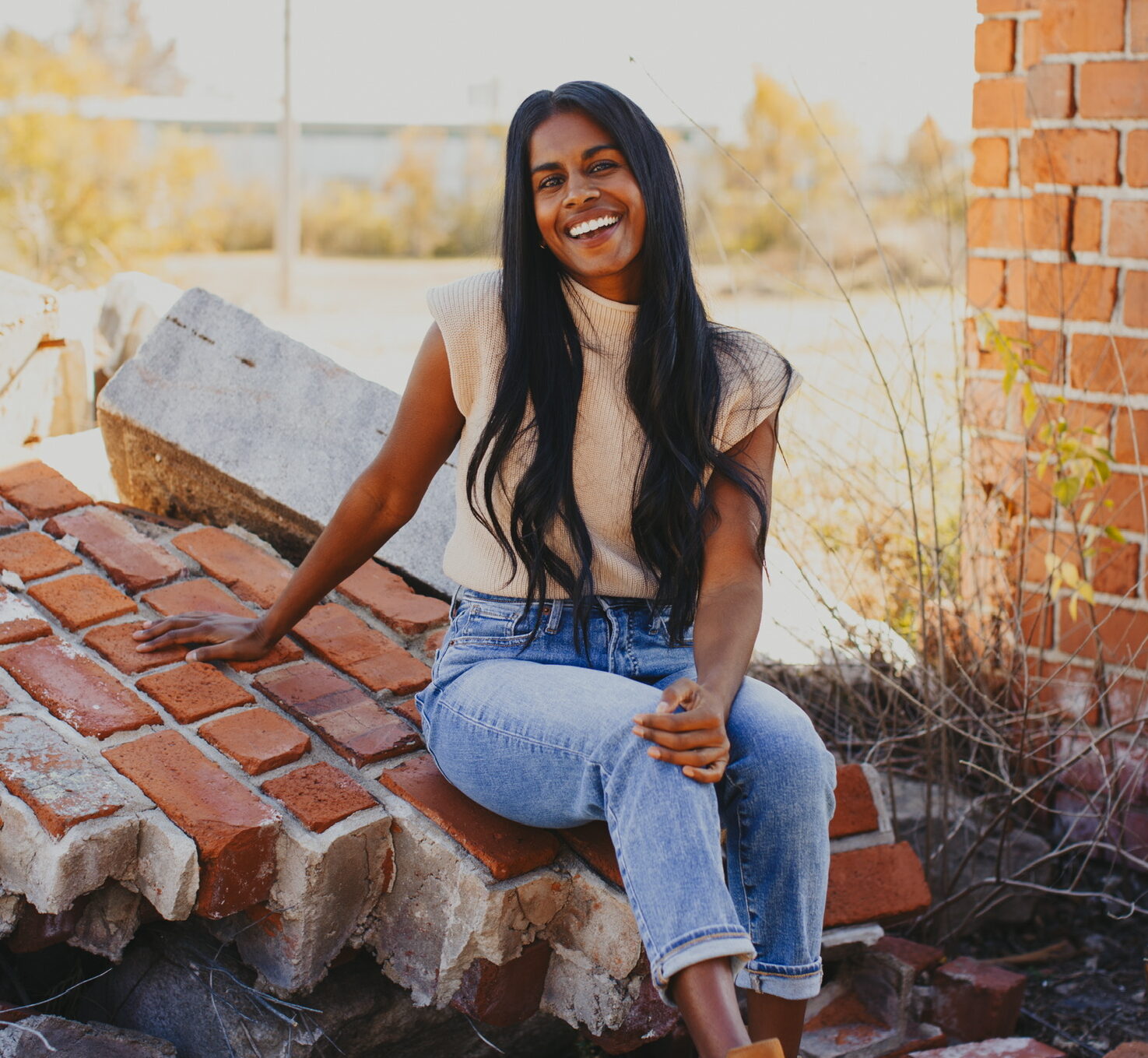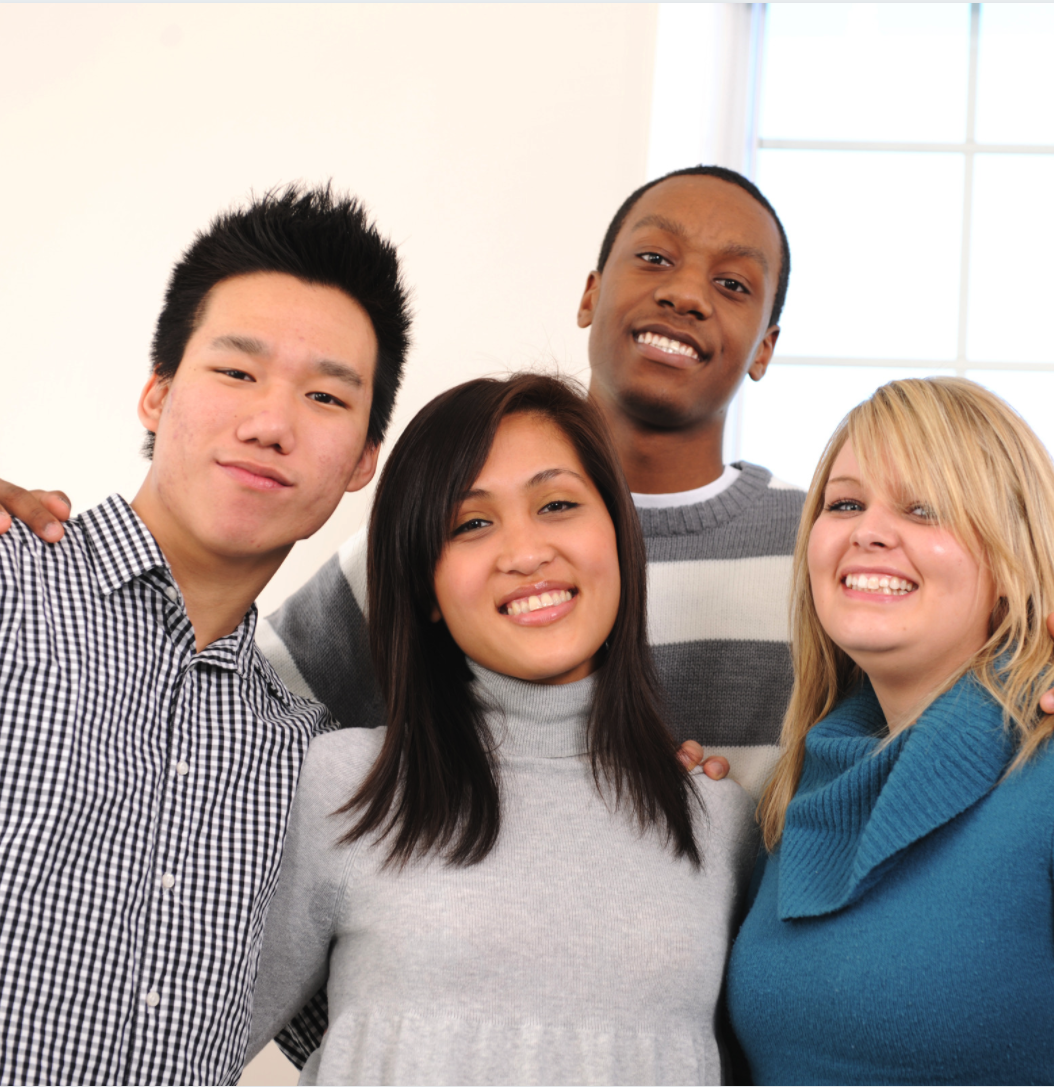What Adoption Means to Me
National Adoption Month is always an interesting time for those who are adopted. It is a month full of opportunities to be intentional about elevating the voices and needs of adoptees who may often feel muted, silenced or unseen. While the aim should be to do this every month, I am grateful for the organizations and agencies that lean in, listen and stay curious, as some of the best learning comes from the lived experience of adoptees. So, while we continue to set aside November as a time to officially emphasize all things adoption, here is what adoption means to me as an international, transracial adoptee.
Adoption means: loving my family but missing my biological ties.
I feel incredibly privileged to have an amazing family and I could not imagine a life other than the one I have, but there is still a deep grieving for my biological ties. For me, it has always been my biological mom. I have come to terms with and truly found peace with not knowing her, but I often wonder about her. I do not think a day goes by when some part of me does not miss her and desire to be known by her in some capacity. I often wonder about her story, what parts of her make up who I am, whether I have biological siblings somewhere out there, and how often she thinks of me. I think this grieving is lifelong for adoptees.
With every birthday, career, or academic milestone I accomplish, I find myself wishing she knew and desiring her approval and affirmation.
Mariama J. Lockington, author and adoptee, once said, “I look in the mirror and see a mother I’ve never met.” I do not think there have ever been truer words for me.
Adoption means: never quite knowing my story.
For many international, transracial adoptees like me, there is incredibly limited information about our story. My birth records have almost no information about my biological parents or their situation. If I wanted to look, there is really no place to start.
It is a strange feeling, something only adoptees will understand, to live with this eerie sense of wonder and never really know the first part of your story. I think there is something foundational and grounding about knowing your beginning and that is something I will never have. It feels like the first 15 months of my life will always be a mystery – there are memories I will never be able to access, laced with feelings of abandonment and betrayal that often resurface when I am triggered.
Adoption means: never quite knowing where I belong.
I have struggled with belonging my entire life. While intrinsically, I know that I belong in my family, there are still parts of me that feel primally disconnected. I had the opportunity to go back to my country of origin, India, and it felt like a reckoning. I thought I would feel a sense of belonging there, I thought it would be this sanctifying experience. The truth is that it was not. I did not belong there. I have had to wrestle with feeling like I do not belong in either culture – not the one I was born into, nor the one I was raised in. It is an odd tension to have to hold.
I am grateful to have done internal family systems and EMDR work in counseling to work through some of this, but I have acknowledged that not all my adoption wounds will heal.
Adoption means: constantly maintaining boundaries around my story.
Part of being adopted is having a story that people want to know and, if you are a transracial adoptee, it can feel even harder to uphold boundaries around your story. Adoptee stories are sacred, and it is a privilege to hear them. While I understand that not everyone has earned the right to my story and I have the autonomy to not answer questions, I still feel some sense of obligation to ease others’ curiosity. There has never been a time that my parents or family introduced me as their daughter or sister that I could not see the curiosity on the person’s face about my story.
Setting and upholding boundaries can be exhausting. Not telling my story, or deflecting questions about my adoption can sometimes feel just as exhausting as sharing my story. I sometimes wonder what it would be like to be the same race as my family, to not feel like a question that has to be answered.
Adoption means: having some responsibility to educate others.
It took me a long time to be brave enough to enter this space – to be an adoptee doing adoption education and advocacy work. While this is a choice I made, I do not think adoptees have the ability to fully opt out of educating others. In some capacity, adoptees are providing adoption education every day, whether it be correcting the language of others or upholding personal boundaries; it is all education and it can feel hard and heavy.
I have found this work to be both life-giving and triggering. There are days I wish people understood the multifaceted nuances of adoption without having to explain it to them, and other days I love explaining. It will always be a delicate space, one in which I am continuously learning how to navigate with ease and not obligation.
If you are an adoptee, know that I see you and I hold space for your story and experience, regardless of how different it is from mine. I know this month can feel hard. For everyone else, I ask for the same, that you see us and hold space for our stories, this adoption month and always.



